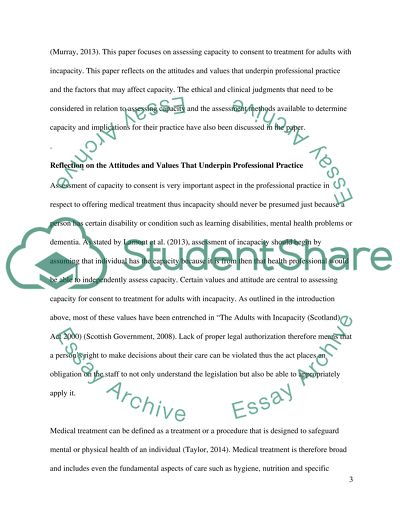Cite this document
(“Adults with Incapacity: Assessing capacity to consent to treatment Case Study”, n.d.)
Retrieved from https://studentshare.org/nursing/1667874-adults-with-incapacity-assessing-capacity-to-consent-to-treatment
Retrieved from https://studentshare.org/nursing/1667874-adults-with-incapacity-assessing-capacity-to-consent-to-treatment
(Adults With Incapacity: Assessing Capacity to Consent to Treatment Case Study)
https://studentshare.org/nursing/1667874-adults-with-incapacity-assessing-capacity-to-consent-to-treatment.
https://studentshare.org/nursing/1667874-adults-with-incapacity-assessing-capacity-to-consent-to-treatment.
“Adults With Incapacity: Assessing Capacity to Consent to Treatment Case Study”, n.d. https://studentshare.org/nursing/1667874-adults-with-incapacity-assessing-capacity-to-consent-to-treatment.


